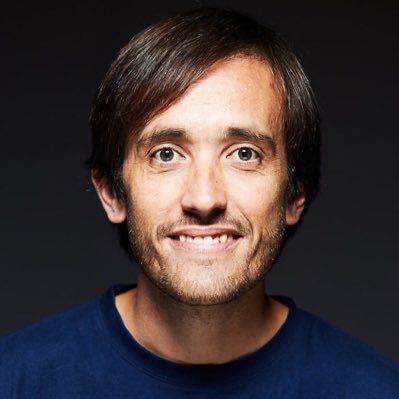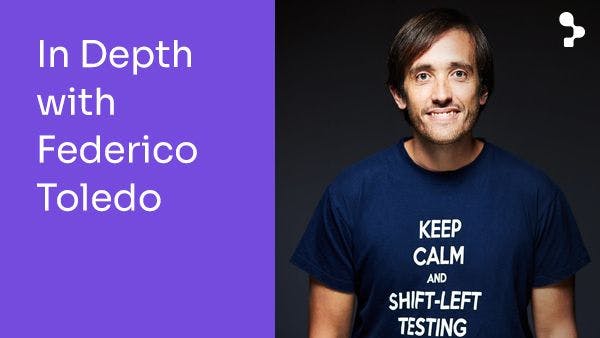In Depth with Federico Toledo: “More and Better Testers Will be Needed”
by
February 16th, 2022
Audio Presented by

CCO at AbstractaUS, co-founder, PhD in #testing, author (book and blog: http://federico-toledo.com)
About Author
CCO at AbstractaUS, co-founder, PhD in #testing, author (book and blog: http://federico-toledo.com)
